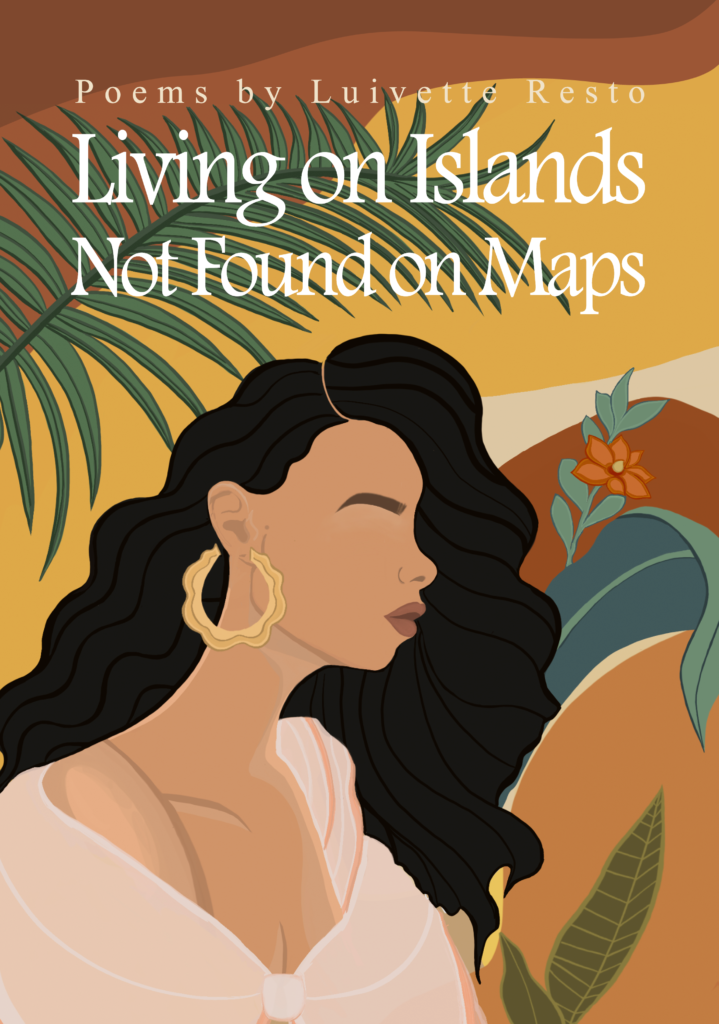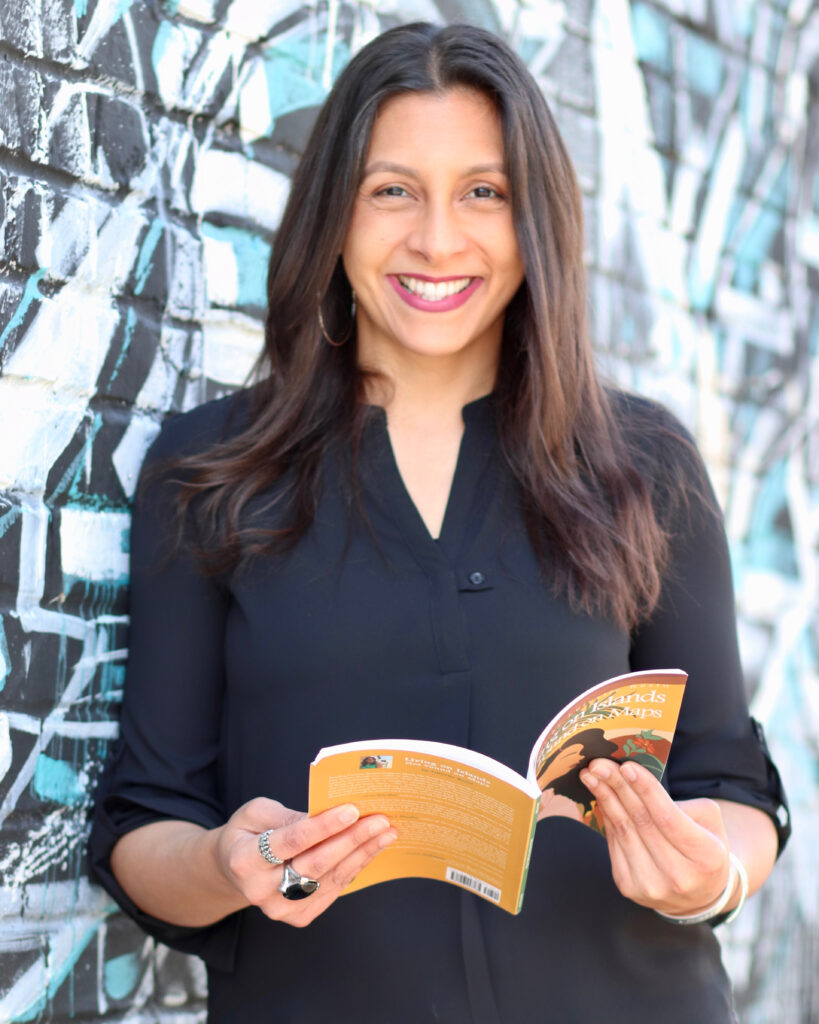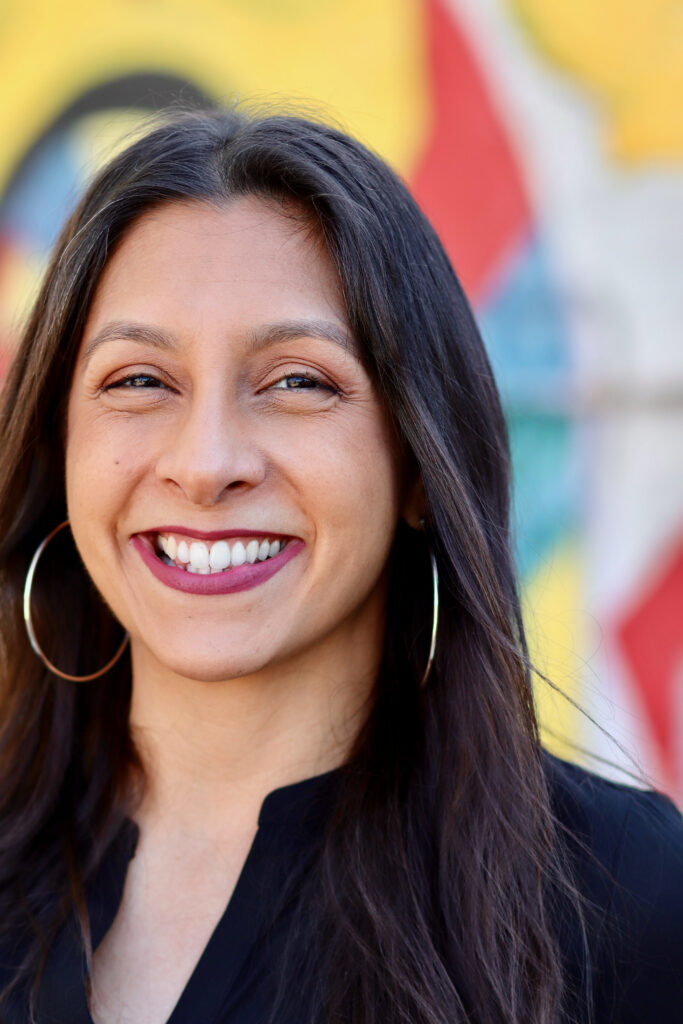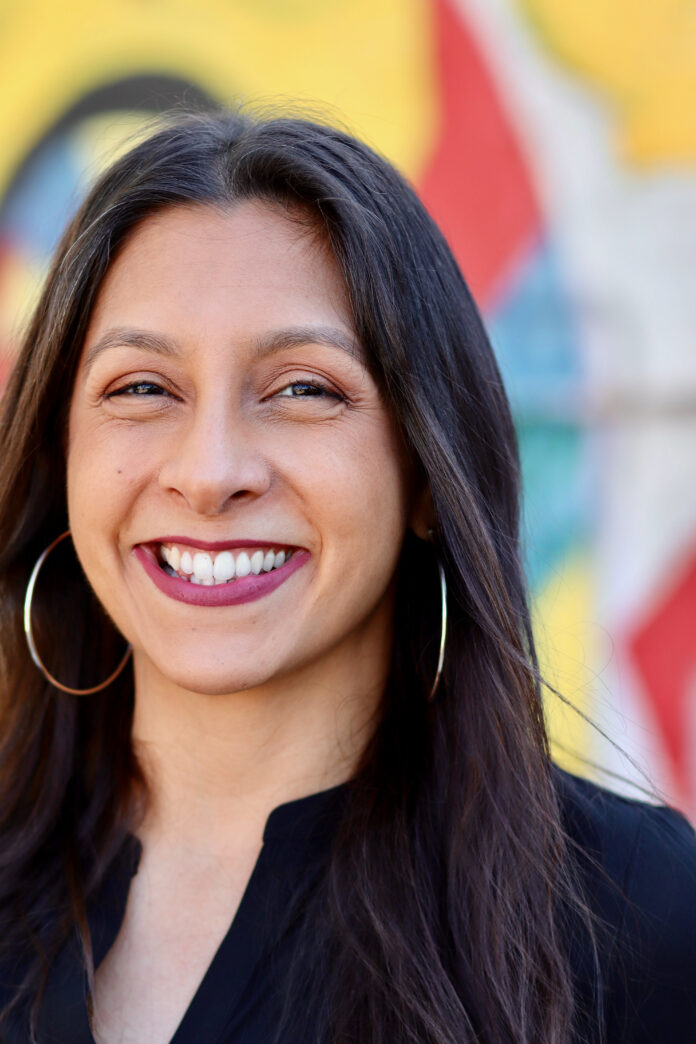( ENSPIRE She Did That ) Poet, Mother, and Latinx Icon Luivette Resto Releases Her Third Book of Poetry
ENSPIRE Contributor: Phitchaya Thongthai
A celebration of personal history and self, Luivette Resto’s latest poetry collection is her most vulnerable and powerful yet. Living on Islands Not Found on Maps traces Resto’s Puerto-Rican roots to her upbringing in The Bronx. The poems delve into her identity as a mother, survivor, linguist, lover, and woman. Subjects that, although personal, are extremely relevant in our current social and political climate. The anthology, which was published in March 2022, includes life lessons from Audre Lorde, Tina Turner, Nikki Giovanni, and from Resto’s own ancestors, children, and personal experiences. Living on Islands Not Found on Maps is a piece that is poignant and relatable to women across generations and geographies with universal themes of femininity, all the while maintaining its integrity as Resto’s own story.
Luivette Resto was born in Aguas Buenas, Puerto Rico. Raised in the Bronx, she is, foremost, a mother, teacher, and poet. Resto was the first in her family to attend and graduate college, receiving her bachelor’s degree from Cornell University and a Master of Fine Arts from the University of Massachusetts Amherst. Her accolades extend to being a Macondo and CantoMundo fellow, as well as a Pushcart Prize nominee. These literary feats stem from her passion for poetry and socially engaged works. Resto’s writing encompasses what it means to be Latinx, a woman, a first-generation immigrant, and what it means to exist beyond the binaries. Her poems engage in extremely relevant conversations about love and cultural identity.

ENSPIRE spoke with Resto to learn more about her and her experience writing Living on Islands Not Found on Maps.
How does this book differ from your previous works?
This collection took 9 years to write and revise, and in those 9 years, so much of my life has changed. My spouse moved out and co-parenting became the new norm for me and my kids. I got a full-time job teaching English to middle schoolers, a deviation from teaching at the college level. I share this because these life-altering experiences seeped into the making of this book. I had less time to revise the collection because of my new life. Also, some poems no longer reflected where I was and where I was going, so they were taken out. However, new ones made their way into the collection as I made a new circle of friends, started dating, and made a commitment to my mental and emotional health with therapy and support groups. All of this is attributed to the language and thematic choices in the book.
I was also more conscious in reflecting what we inherit from our families and communities. Not just the physical characteristics like a smile or the size of my ears. The other stuff like sense of humor, trauma, depression, and alcoholism. I knew I was headed towards a much more personal space with these poems. When I was revising the book, I kept finding the word vulnerable in the poems. And that’s what I allowed myself to be while writing this one in particular. Vulnerable.
What are the key takeaways you want your readers to get from this book?
I want readers to feel less alone as they are processing or traveling through their traumas. I learned a lot about myself while writing these poems. These poems helped me accept my imperfections with grace, empathy, and honesty. I hope a reader experiences something similar, and perhaps they would want to write their story. That’s the most powerful part. Taking control of your own narrative.

How do you think this book contributes to the political conversation surrounding womanhood, cultural identity, and sexuality in today’s society?
This question hits me really hard right now. Roe v. Wade has just been overturned, and all I can think about is my daughter’s future. One thing that I want this book to do, like the other two collections, is dismantle the singular definition of a woman. In this collection, I share my experience buying a Plan B pill and getting side-eyed by the older white clerk. Men don’t get this level of judgment when they buy contraceptives, but here I was at 10 am. In another poem, I share a Q & A incident from a few years back where a man asked directly: where are my motherhood poems? The male poet who I read with didn’t get the same question. Both incidents annoyed me, so I immortalized their ignorance because being a woman in this world is more than just one thing.
Is there a particular piece that you are most proud of? Why?
There is a poem in the new collection titled “All Day Every Day,” and it is one of my favorite homages to the Bronx. The Bronx is home to me. It is where I learned many lessons that the classroom could not. The poem started as a response to an academic grifter who posed as a Bronx-bred caribeña. Like the first line of the poem says, “The Bronx is not a resume builder.” I love where I grew up from the South Bronx to Co-op. So much of who I am and how I carry myself comes from there, and I am so proud to have been able to write about it.

Do you have any advice for aspiring writers and poets?
I would say there are a few things one can do. They can attend readings if they can. Many of them are free and because of the pandemic people can attend readings from all over. You don’t have to live in San Francisco to attend a reading in the Bay anymore, and that level of access opens so many more doors for writers and poets. Attending readings provides a writer with exposure to different voices, styles, narratives, etc. Also, it is another way to show support to a fellow writer. Besides attending readings, read poetry books, novels, essays, or nonfiction. Similar to readings, it opens the lens a bit more. One of my favorite things to do when I am not writing is reading or re-reading books, not just poetry books either.
Living on Islands Not Found on Maps is incredibly open and offers the reader a glimpse into Luivette Resto’s personal experience with grief, spirituality, and resilience as a woman and mother. The collection deals with pain and loss with candor, as it navigates through her memories of uncharted islands of motherhood, sexuality, trauma, and ultimately, healing. It is also a testament to Resto’s talent for poetry and her journey as a first-generation woman of color pursuing her passion. An unconventional and tough route, Resto discusses what it was like to feel like she did not belong, and how she pushed the boundaries of bilingualism in poetry. Her latest book serves as a guide to aspiring poets, as not only a literary example but also as pieces of advice she has collected over the years.
To learn more about Luivette Resto and read more of her work, visit her website here.
Related Articles: Journalist and Author Nallely Pimentel Informs and Advocates for Her Community, Latin American Stories Celebrated With Three October Premieres







